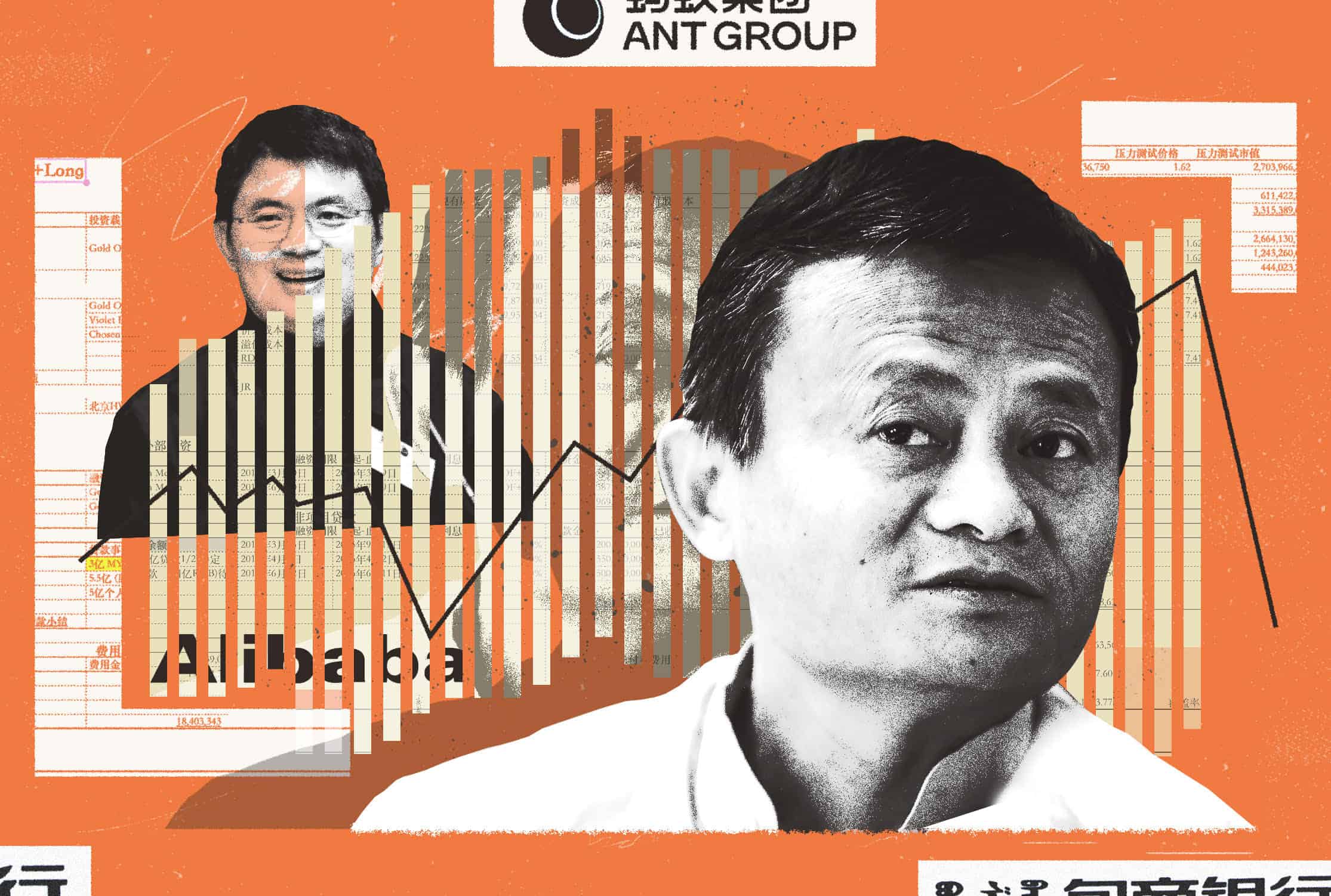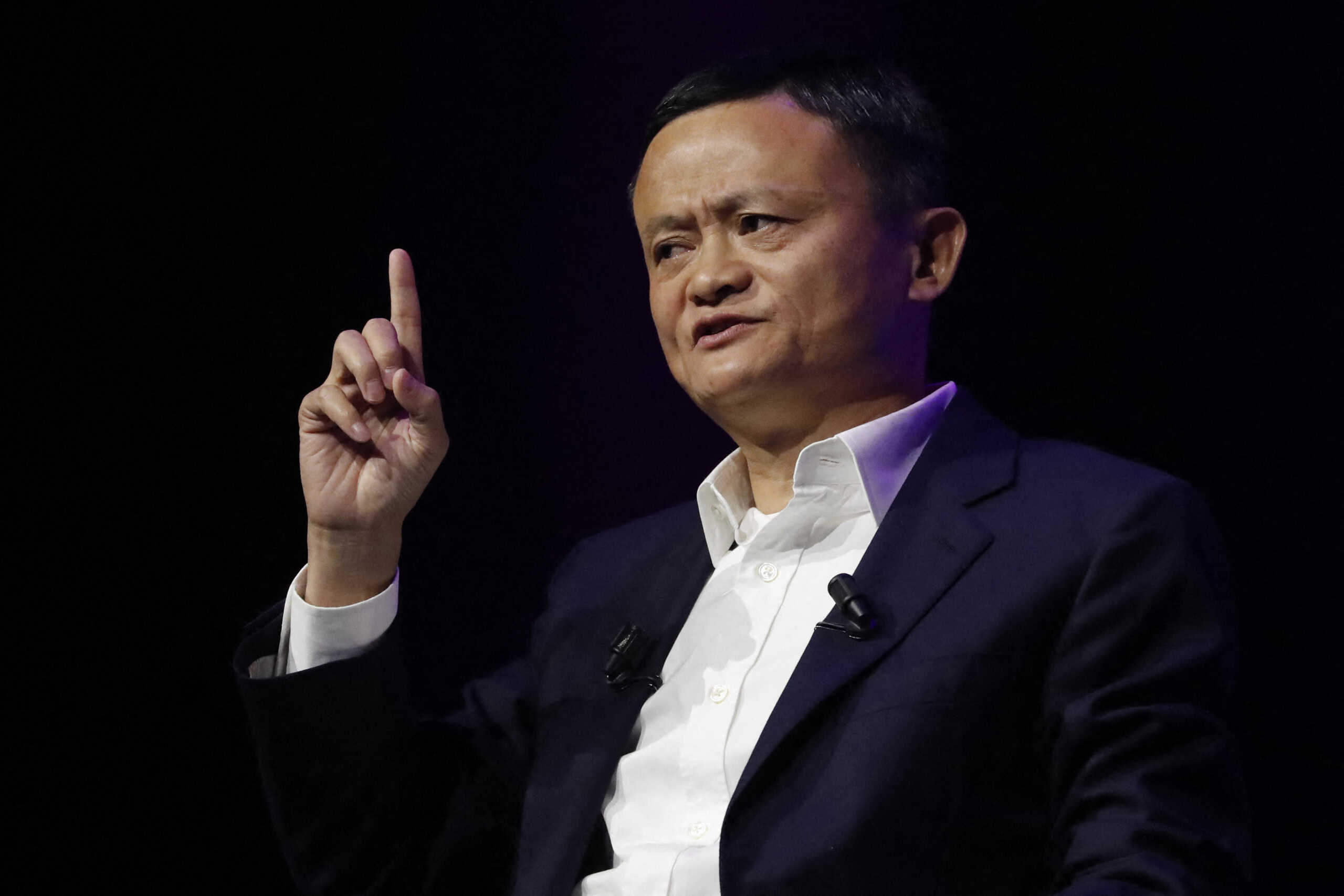Good evening. Readers of The Wire are a savvy bunch and may already know that Ai Weiwei, the exiled Chinese artist, is the son of a famous Chinese poet. But less known is how Ai Qing’s poetry, career as a Communist Party insider and exile influenced the young Ai Weiwei. Indeed, Ai Weiwei didn’t quite know this himself, which is one of the reasons he set out to write a memoir about his father’s relationship to art and to the Party. For our cover story this week, we’re pleased to present an excerpt of the newly published book. Elsewhere, we have a Q&A with David Shambaugh, the scholar, on why U.S. engagement with China is already dead in spirit; a reported piece on the extensive China connections in Donald Trump’s latest deal; infographics on Microsoft’s long history and uncertain future in China; and an op-ed from Eyck Freymann and Soyoung Oh about why Asia can’t decarbonize without China’s help. If you’re not already a paid subscriber to The Wire, please sign up here.
Want this emailed directly to your inbox? Sign up to receive our free newsletter.
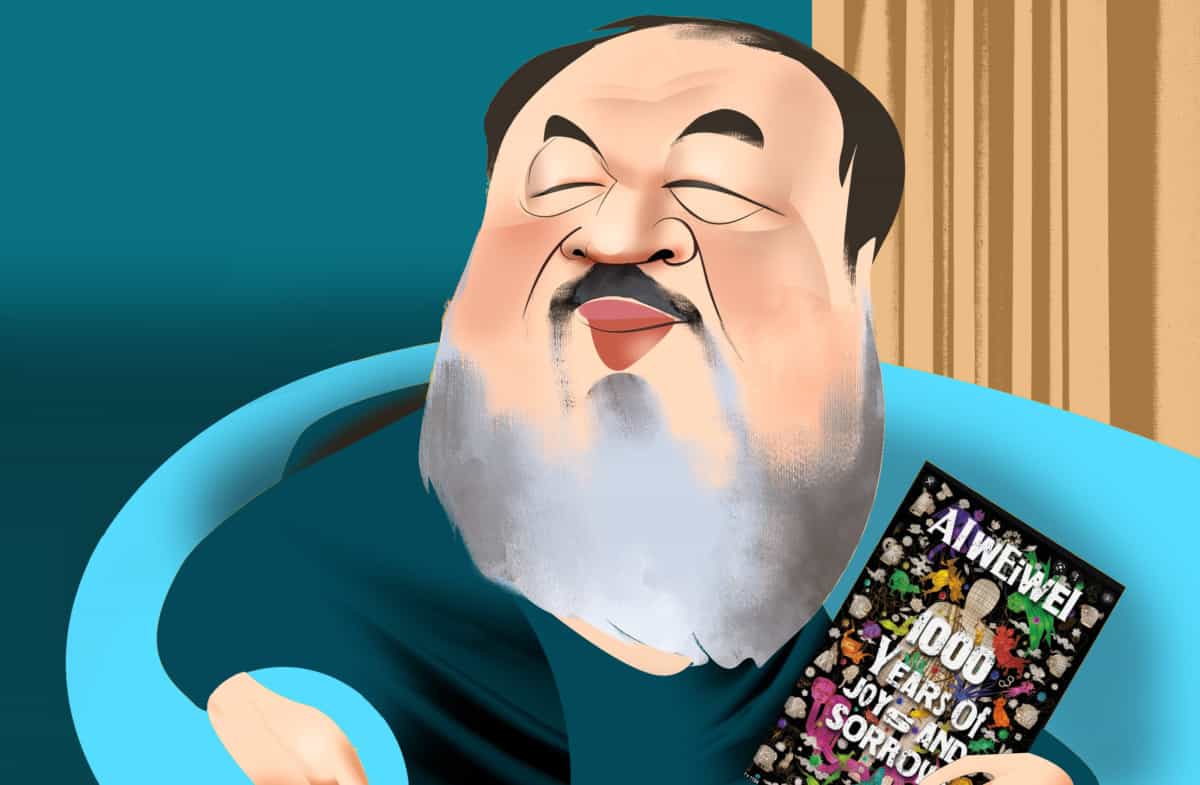
Family Values
One day in 1941, Mao Zedong visited the poet Ai Qing in his cave in Yan’an, the Communist stronghold. Mao wanted to discuss a growing rift between party ideologues and more liberal intellectuals, and Ai Qing was happy to help. “Until that point,” Ai Qing’s son, Ai Weiwei, writes in his new memoir, “he had not fully understood how the CCP operated.” In this excerpt, Ai Weiwei goes on to describe his father’s disillusionment with the CCP and reflects on the exact moment — when as a boy he helped his father burn his beloved books — that his own commitment to artistic expression was born.
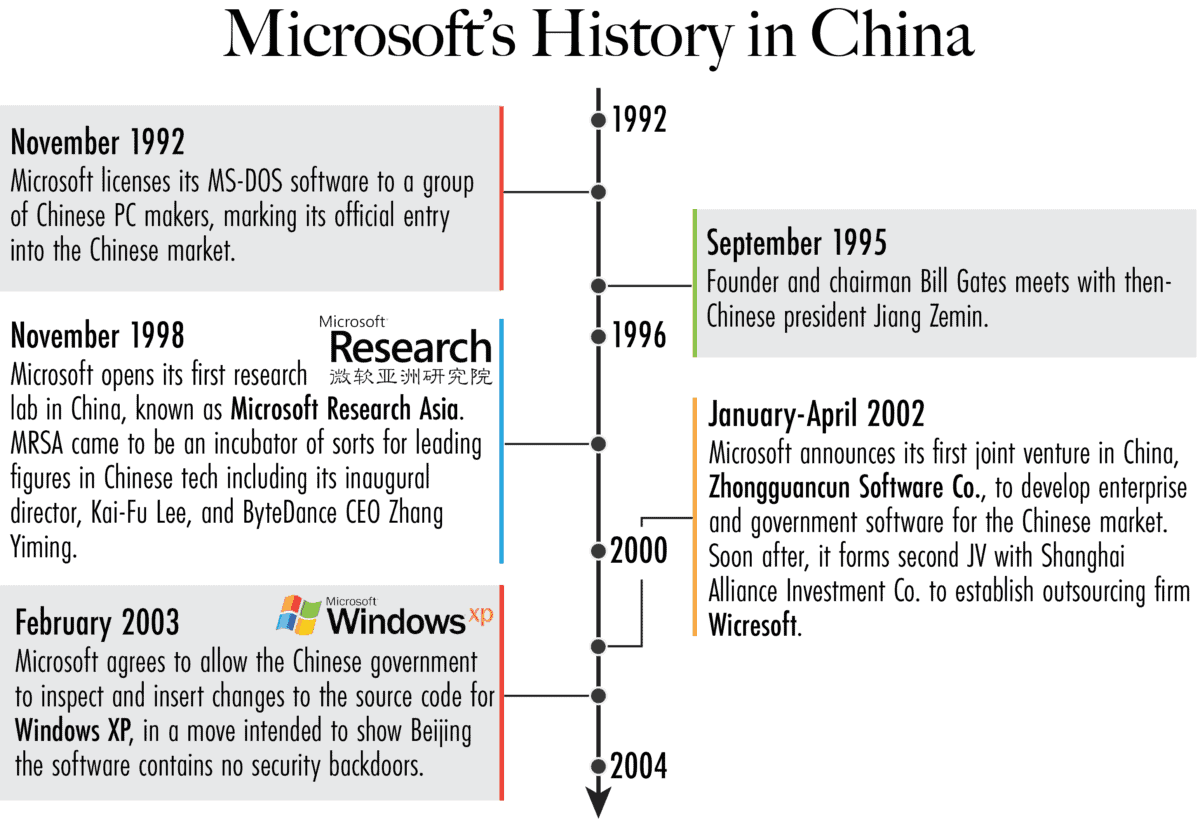
The Big Picture: Microsoft’s Long Past and Uncertain Future in China
LinkedIn is quitting China: but what of its parent, Microsoft, and its links to the world’s second-largest economy? Seattle-based Microsoft has one of the longest relationships with China of any major Western tech company. But doing business in China is getting tougher for the company. This week, Eliot Chen looks at Microsoft’s China business for this week’s infographics, including what’s left and the concessions it has had to make in order to stay.
A Q&A with David Shambaugh
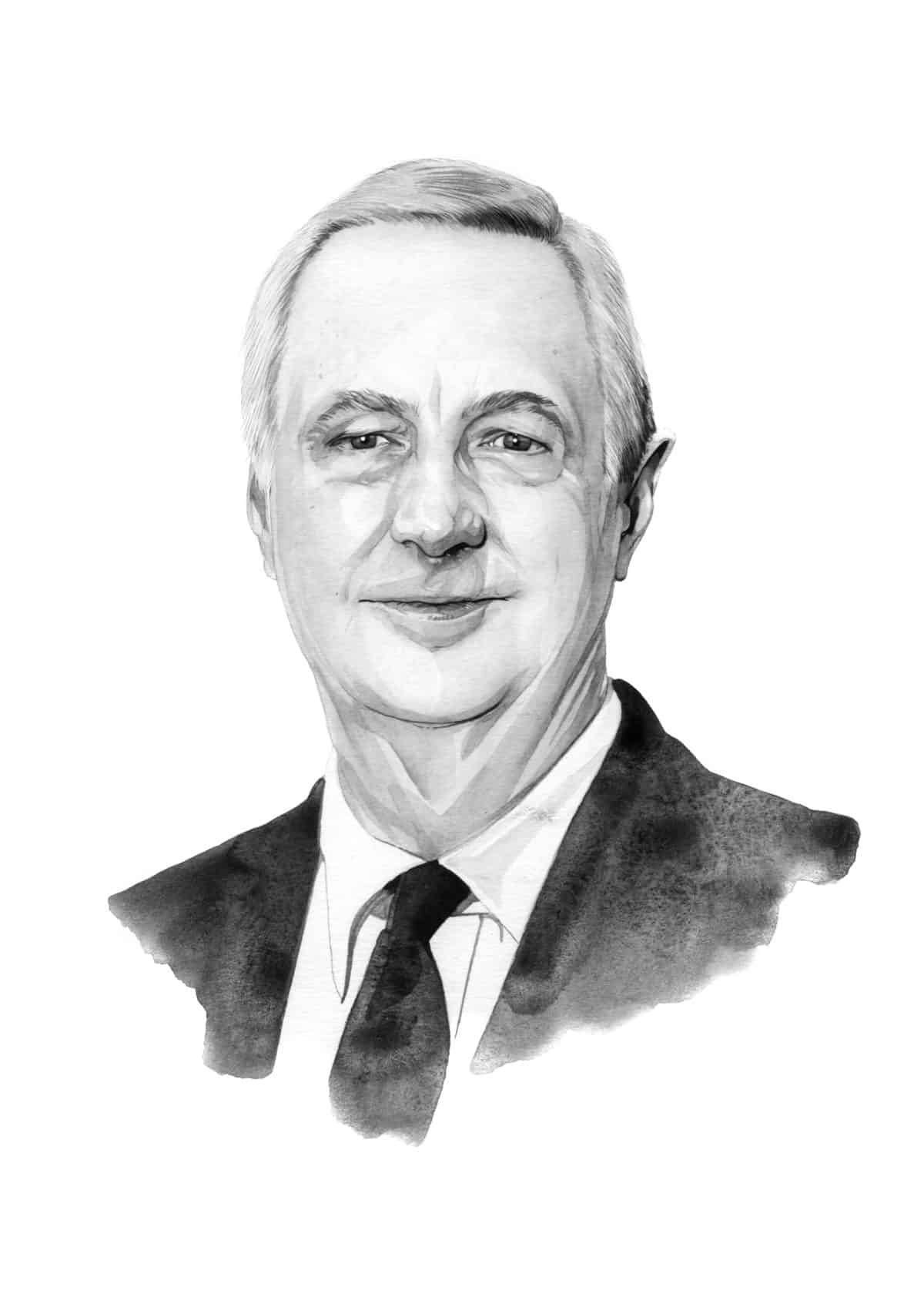
David Shambaugh is an authority on China’s political system and Beijing’s international affairs. In this week’s Q&A with David Barboza, he talks about why U.S. engagement with China is already dead in spirit, the difficulty of advising young people to go into the China field, the internal Chinese narrative about U.S. decline, and how Xi Jinping is a “modern emperor.”
David Shambaugh
Illustration by Kate Copeland
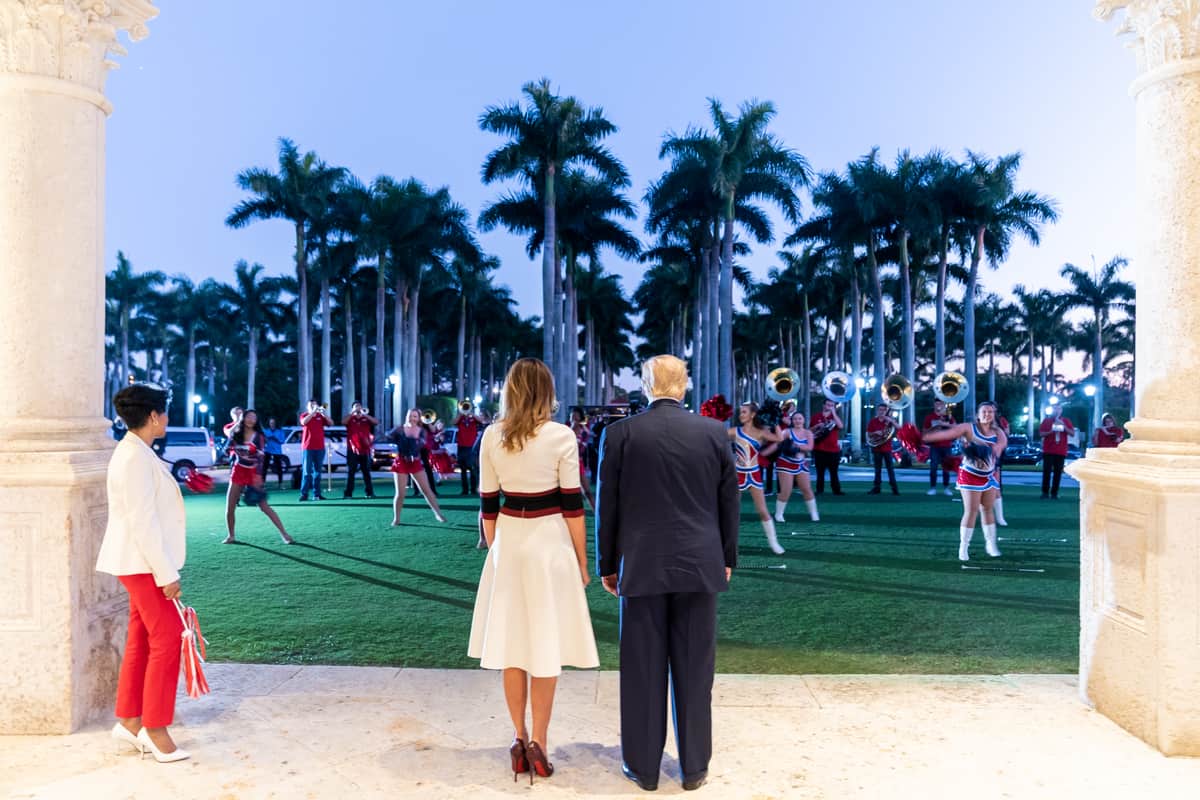
What’s Going on With Trump’s SPAC?
Less than a year out of office, Donald Trump reached an agreement to bring his new media company to the public markets via a trendy corporate maneuver that sidesteps regulatory oversight. To do so, he has teamed up with a firm that has landed in hot water with American regulators over its moves to list Chinese companies on U.S. exchanges. Katrina Northrop documents the extensive China connections in Trump’s latest deal, and notes that while they do not break any laws, they are certainly surprising.
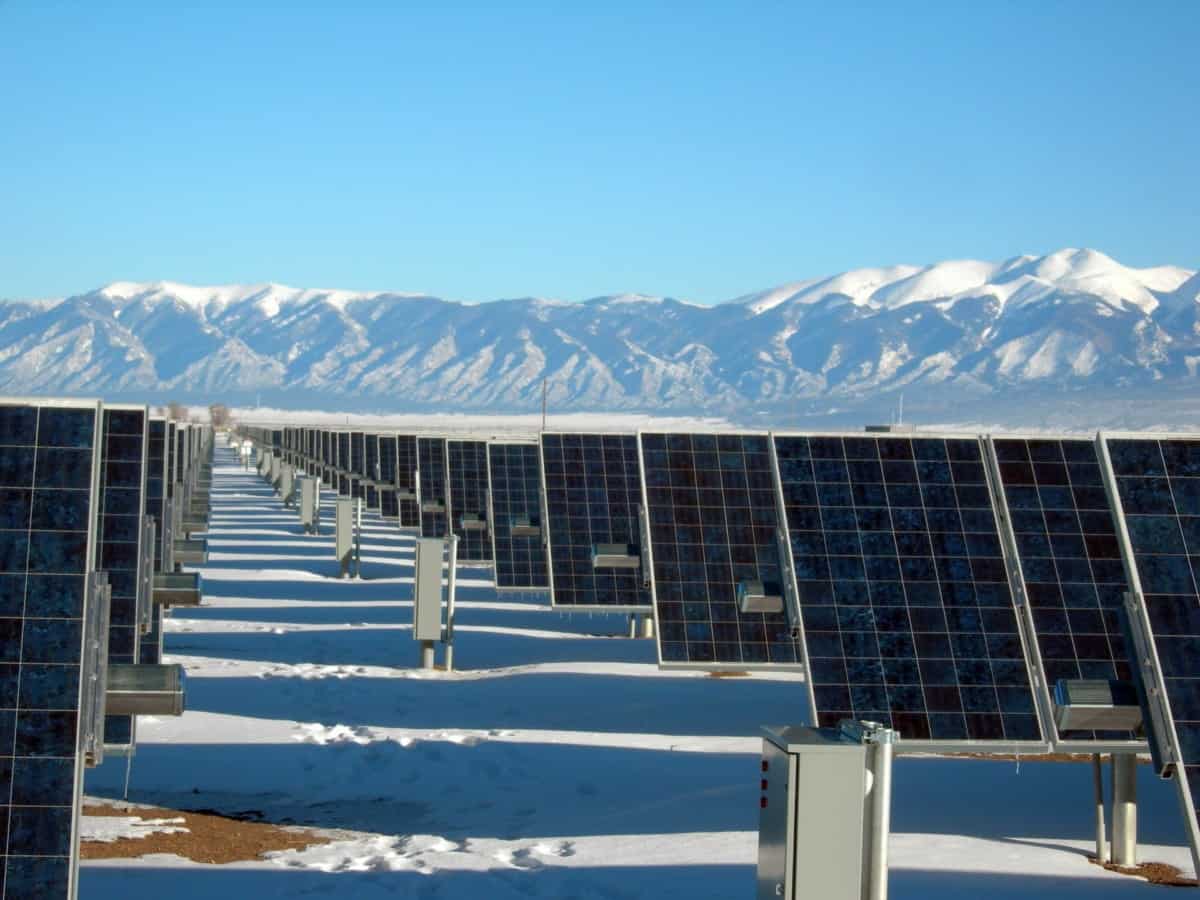
Asia Can’t Decarbonize Without China’s Help
If the Asia-Pacific, minus China, were a country, it would be the largest emitter in the world, and both the largest coal producer and consumer. As Eyck Freymann and Soyoung Oh argue in this week’s op-ed, this means Asia cannot fully decarbonize without becoming even more financially interconnected with — and dependent on — China, which has big and potentially concerning geopolitical implications.
Subscribe today for unlimited access, starting at only $19 a month.

